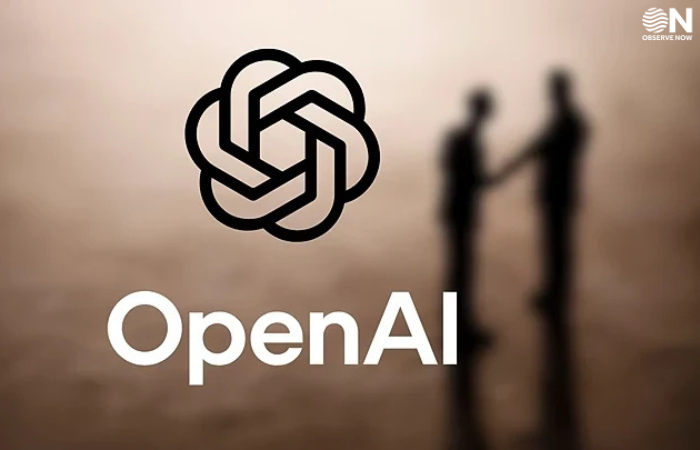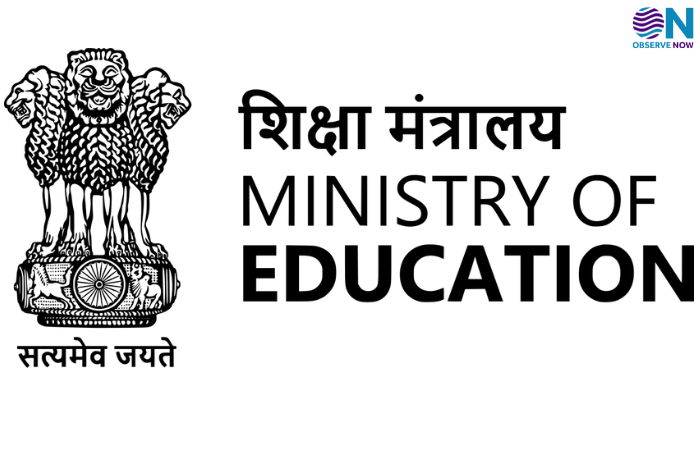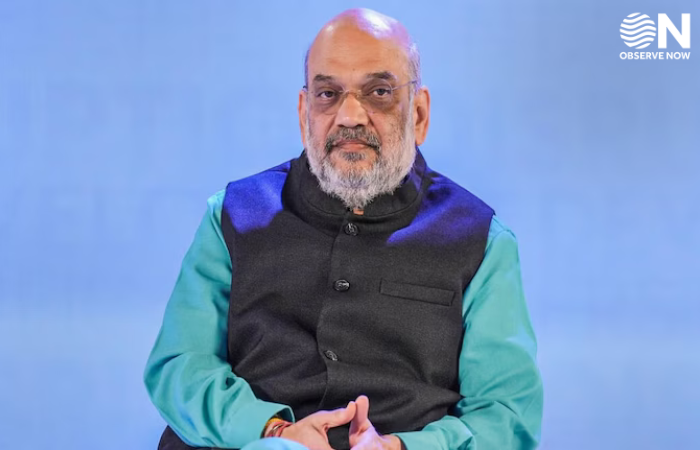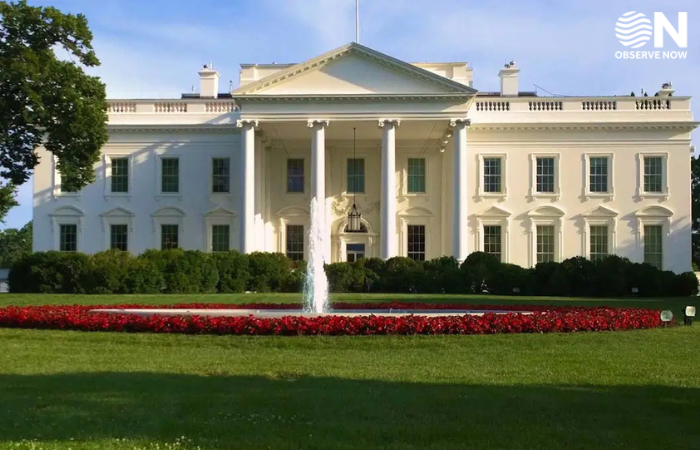OpenAI Acquires AI Finance App Roi to Boost Personalized AI Capabilities
OpenAI has acquired Roi, an AI-powered personal finance app, in a strategic move aimed at deepening its personalization capabilities across its growing suite of AI products. The acquisition, announced on October 4, 2025, marks OpenAI’s first major step into the financial technology space, signaling its intent to expand beyond productivity and creative tools into personalized financial intelligence.
Roi, known for its machine learning–driven budgeting and investment recommendations, will cease independent operations by October 15. Users have been notified that their accounts and data will be discontinued as the company transitions under OpenAI’s ecosystem. The terms of the deal were not disclosed.
Industry experts believe the acquisition aligns with OpenAI’s larger strategy to make its flagship models, including ChatGPT and the recently expanded GPT Store, more tailored to individual user needs. Integrating Roi’s financial analytics engine could allow OpenAI to offer users customized spending insights, investment summaries, and goal-based financial planning through its conversational AI platforms.
Analysts view this as part of a broader trend in the AI sector, where personalization is becoming the next frontier of competition. By embedding financial intelligence directly into user interactions, OpenAI could position its technology as an all-in-one digital assistant capable of managing daily tasks, career planning, and now, financial decision-making.
While some experts have raised questions about data privacy and compliance in financial applications, OpenAI has stated that any integrations will adhere to strict privacy standards. The company is expected to pilot its personalized finance features within ChatGPT Pro later this year.
With Roi’s technology in hand, OpenAI appears ready to push further into consumer personalization, blending conversational AI with actionable financial intelligence — a move that could redefine how users engage with their digital assistants.

















